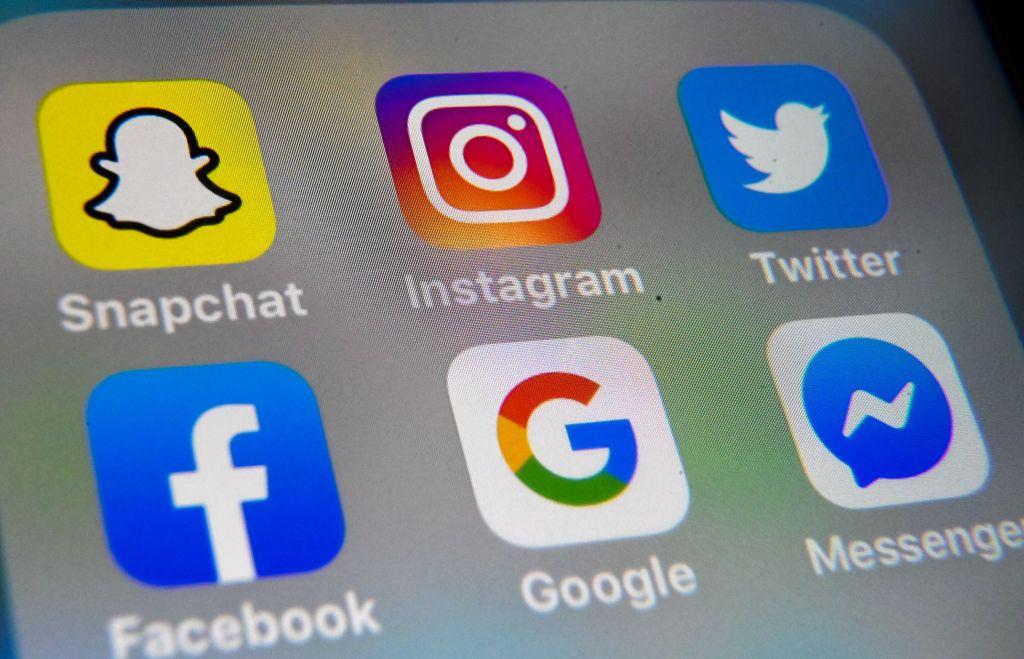Instagram was the most commonly used app by offenders for sexual communication with a child in the past year, a UK children’s charity has revealed.
Online grooming crimes recorded by UK police have jumped by nearly 70 percent since 2018, new figures from the National Society for the Prevention of Cruelty to Children (NSPCC) show.





